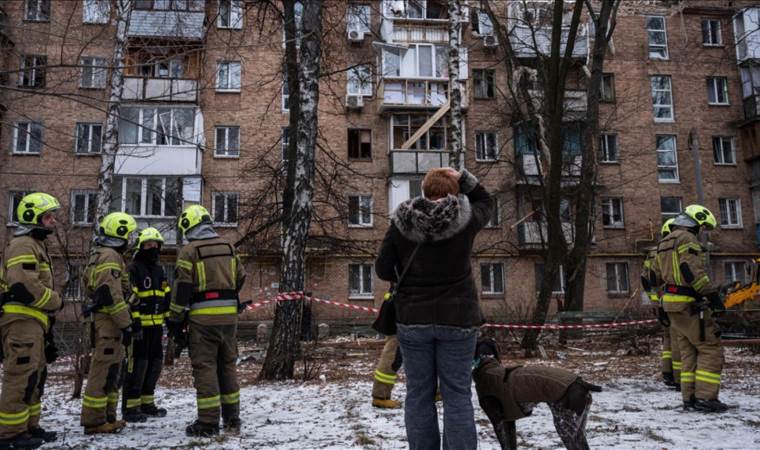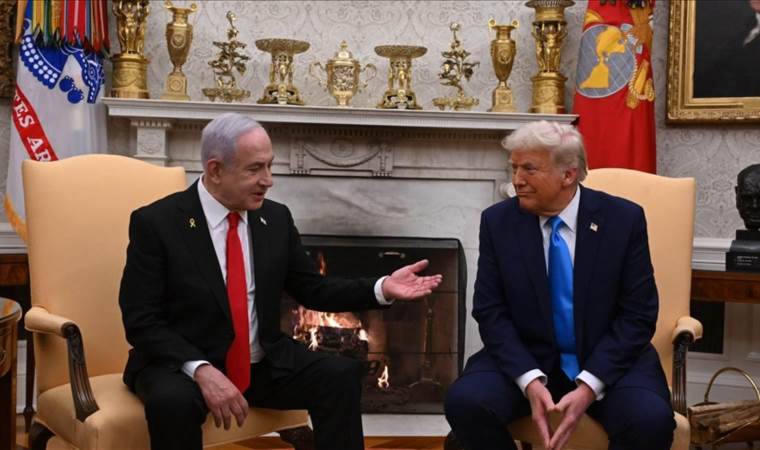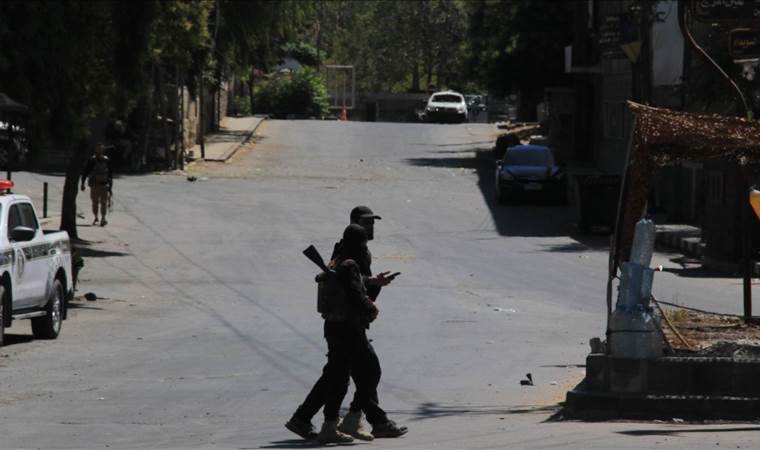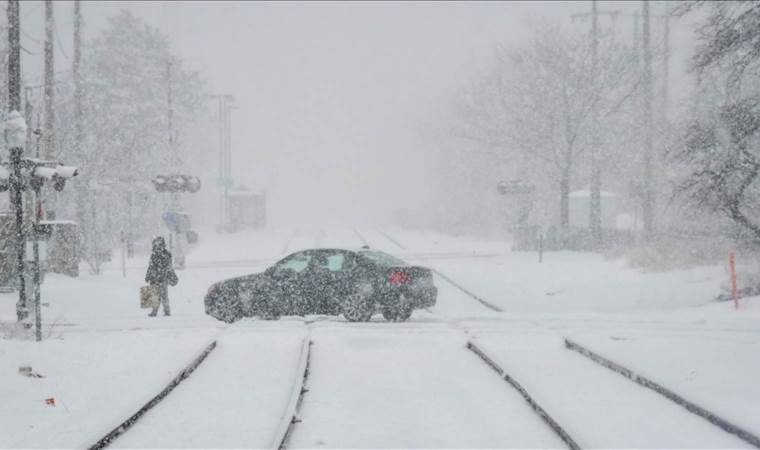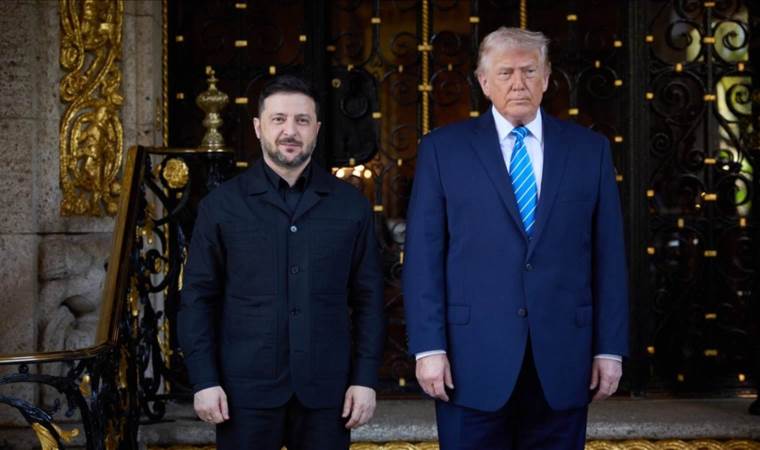Authors Columns of the Day Sport Guest Life All Authors
Caught between Starmer, Le Pen, and Biden
Labour, led by Sir Keir Starmer, won two-thirds of the seats in Westminster, marking a monumental defeat for the Conservatives, who suffered their worst loss in a century, securing just 121 seats, far below their previous low of 156.
Despite this impressive victory, Sir Starmer's success was met with cautious optimism. The 34% vote share that granted him such a commanding presence in parliament was seen as relatively low, given the electoral system's quirks. Historically, no one has come to power in the UK with such a low percentage.
Starmer’s victory is often compared to Tony Blair's legendary win in 1997, which was secured with nearly 43% of the vote, a difference of almost 10 points.
Starmer’s unexpected rise to the pinnacle of British politics came after the Conservative Party's unraveling, following Boris Johnson’s downfall, the ineffective leadership transitions from Liz Truss to Rishi Sunak, and their inability to manage Brexit, the pandemic, and the aftermath of the Ukraine war.
The turmoil was so profound that Liz Truss, who was Prime Minister when Queen Elizabeth passed away, failed to secure a parliamentary seat in this election.
Starmer's victory is attributed not to his or the party's appeal but to a backlash against the Conservatives who left a legacy of chaos. The Labour Party’s win, therefore, reflects a protest against the conservatives rather than an endorsement of Starmer.
The third-place finish of Nigel Farage’s “Reform Party” with 14% of the vote has also caused concern. After orchestrating the Brexit fiasco and disappearing, Farage has reemerged, poised to inherit the Conservative Party’s remnants in this unstable political landscape.
If Starmer fails to deliver and continues to be perceived as "the forgotten man," Farage could easily become a new Le Pen or Meloni within a few years.
In France, the far-right “National Rally” led by Marine Le Pen is favored in today’s elections. Despite the rush imposed by Macron, who called for snap elections within three weeks, the anti-Le Pen “republican front” has made every effort to counter the far right.
The left-wing Mélenchon and the Socialist Party's young leader Raphael Glucksman quickly formed a “Popular Front.” Alongside, Prime Minister Gabriel Attal’s “Ensemble” alliance with Macron has also raised the barrier against Le Pen.
These anti-Le Pen blocs have agreed to withdraw their candidates in certain constituencies to prevent vote splitting that would benefit Le Pen. They have sacrificed by withdrawing 224 candidates just before the election.
Tonight, when the polls close, we will see if this strategy prevents Le Pen from achieving an overwhelming majority.
Meanwhile, in the United States, discussions about President Joe Biden’s candidacy persist. Following a controversial debate on CNN, the White House spent a week justifying Biden's performance, citing a cold as the cause of his poor showing.
However, calls for Biden to withdraw have intensified, with the New York Times publishing an editorial titled “Biden, It's Time to Step Down,” and the Atlantic Magazine demanding his resignation.
Even Biden’s donors are on edge, and while half of the Democrats oppose his candidacy, many refrain from speaking out publicly for fear of backlash from his loyal supporters.
Veteran political analyst Ian Bremmer remarked, “I’ve never seen anything like this – a candidate so obviously incapable of handling another four years.”
Everyone is concerned except for Biden, who insists, "I’m not stepping down."
With an unknown leader in the UK, the threat of Le Pen or chaos in France, and the looming possibility of a second Trump term in the US, the world is navigating an exceptionally unstable period.
Yazarın Son Yazıları All Columns
Günün Köşe Yazıları
Most Read News
-
 Russia, Ukraine accuse each other of overnight airstrike
Russia, Ukraine accuse each other of overnight airstrike
-
 Guineans vote in presidential election with coup leader
Guineans vote in presidential election with coup leader
-
 Cambodia-Thailand border calm for 2nd day following ceas
Cambodia-Thailand border calm for 2nd day following ceas
-
 Illegal Israeli settlers damage Palestinian properties i
Illegal Israeli settlers damage Palestinian properties i
-
 Israeli prime minister departs for US to meet Trump
Israeli prime minister departs for US to meet Trump
-
 1st phase of Myanmar elections concludes
1st phase of Myanmar elections concludes
-
 Syria announces arrest of ‘terrorist cell’ member in Lat
Syria announces arrest of ‘terrorist cell’ member in Lat
-
 Polish premier condemns Russian strike on Kyiv, urges st
Polish premier condemns Russian strike on Kyiv, urges st
-
 Powerful winter storm hits US Midwest and Great Lakes
Powerful winter storm hits US Midwest and Great Lakes
-
 Zelenskyy says Ukraine wants 30-50-year security guarant
Zelenskyy says Ukraine wants 30-50-year security guarant

